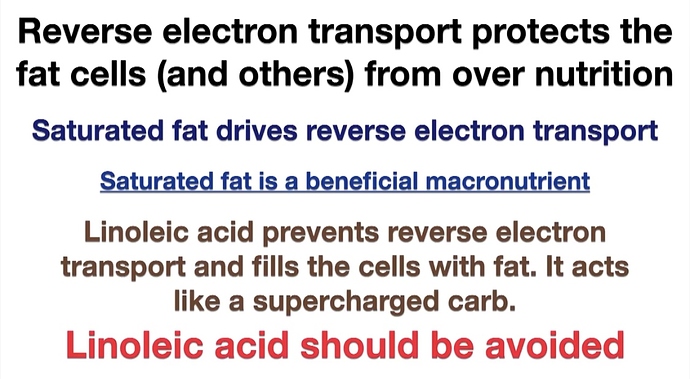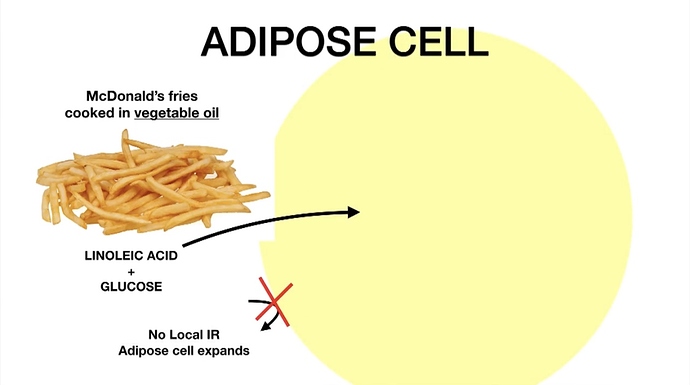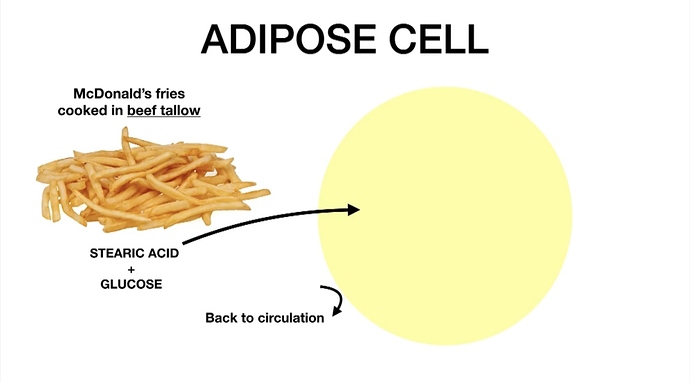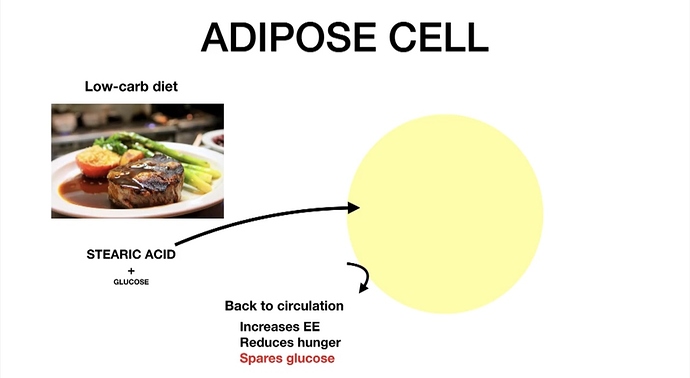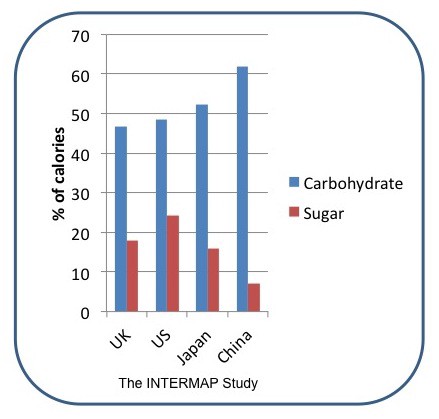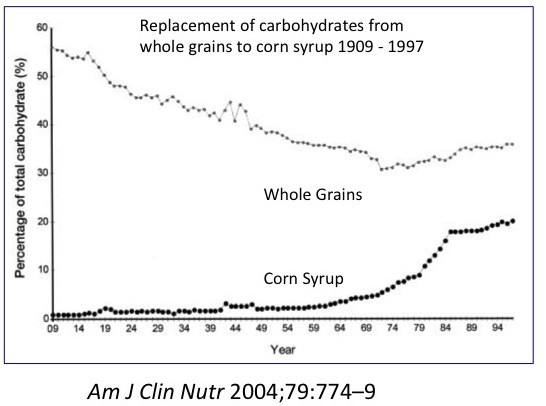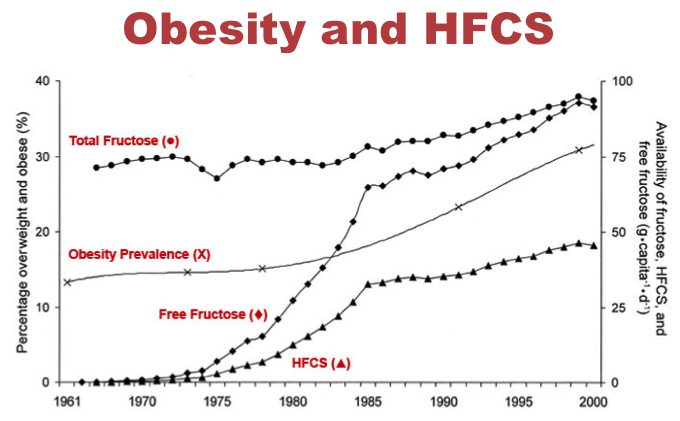Only when you hydrogenate (interesterified fat) or partially hydrogenate (trans fat) a polyunsaturated vegetable oil/fat or any fat for that matter?
Interesterified Fat? Who knows how this will go?
Maybe this[1] will kill us faster than trans fats[2]?
And maybe chemical extracted and processed fats/oils[3] are not so good either other than extra virgin cold pressed (no heat; not missing electrons; oxidation)?
Thought this video was interesting:
Virgin olive oil and liver meet hydrogen peroxide.
Wanted comment further on this rather crude example in the video above of some students playing around in a school lab.
Notice those giant bubbles forming at the bottom of the cup with the raw liver when it is hit with hydrogen peroxide, now imagine those giant bubbles at the bottom are your adipose fat tissue swelling up from inflammation? Much like Dr. Michael Eades MD, PhD, describes here? Now throw some High Fructose Corn Syrup HFCS on top of those trans fats and you get obesity and diabetes…eventually?
References:
[2] Hydrogenation & Industrial Application: “…partially hydrogenated vegetable oils are cheaper than animal fats, are available in a wide range of consistencies, and have other desirable characteristics (such as increased oxidative stability and longer shelf life), they are the predominant fats used as shortening in most commercial baked goods. A side effect of incomplete hydrogenation having implications for human health is the isomerization of some of the remaining unsaturated carbon bonds to their trans isomers. Trans fats (resulting from partial hydrogenation) have been implicated in circulatory diseases including heart disease.[26] The conversion from cis to trans bonds is chemically favored because the trans configuration has lower energy than the natural cis one. At equilibrium, the trans/cis isomer ratio is about 2:1. Many countries and regions have introduced mandatory labeling of trans fats on food products and appealed to the industry for voluntary reductions.[27][28][29] The food industry has moved away from partially hydrogenated fats (i.e. trans fats) and towards fully hydrogenated fats and interesterified fats in response to bad publicity about trans fats, labeling requirements, and removal of trans fats from the FDA list of foods Generally Recognized as Safe.[30][31][32] …”…More
[3] The Dangers of Vegetable Oil Extraction and Processing: An inside look at the nutritional and health problems associated with vegetable oil extraction and refining. By Paul Hawken and Fred Rohe November/December 1971

